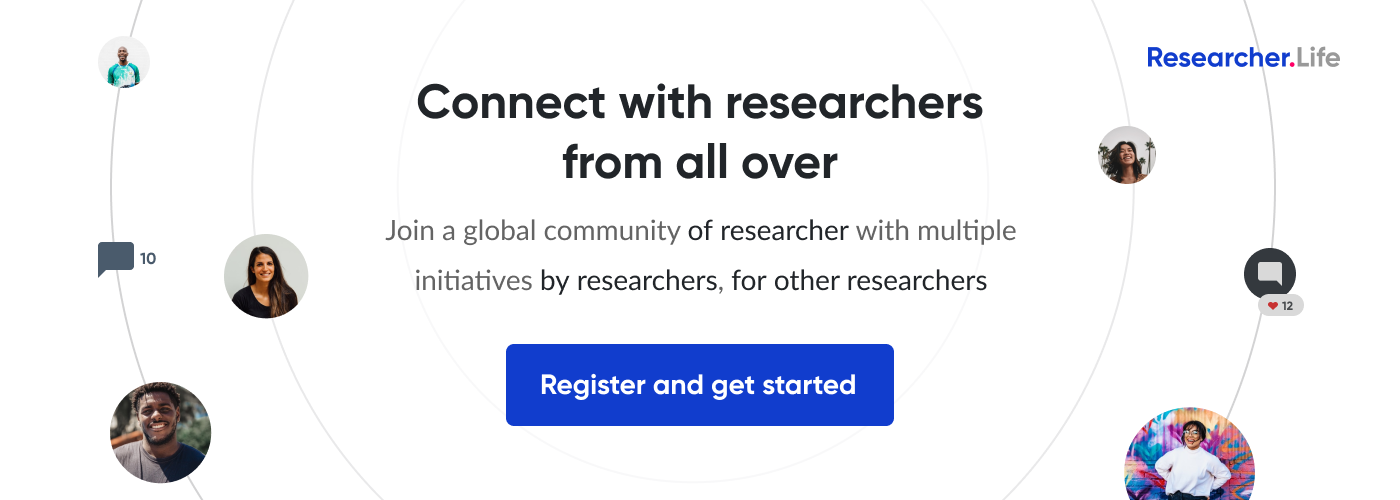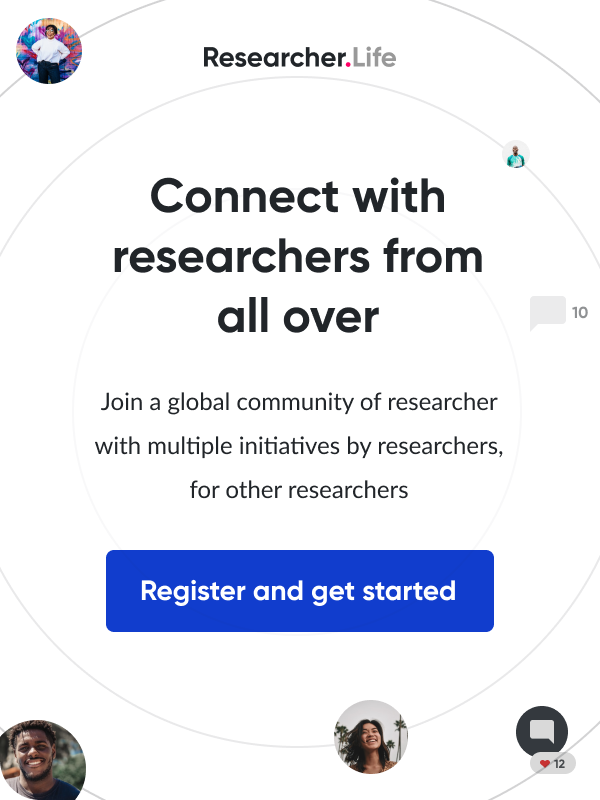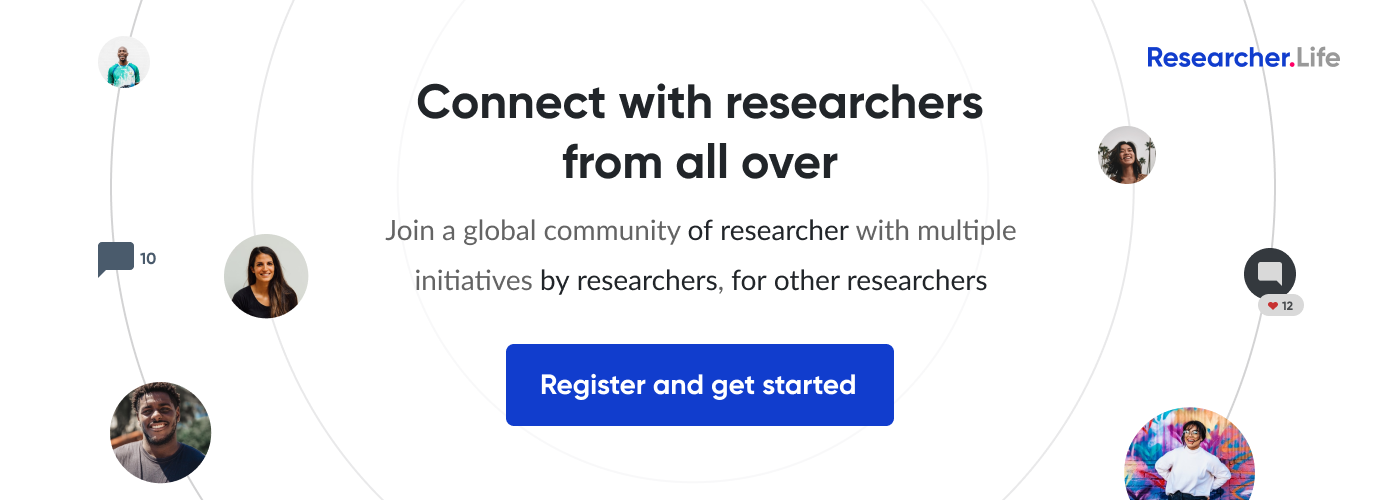Unlocking global funding for Parkinson’s disease research: A world of opportunities

World Parkinson's Day is observed on April 11th.
Among the things that bind us together as a global population, health and disease are major players. It does not matter where one lives geographically, the objective remains the same - prevent, predict and cure.
As the global burden of Parkinson’s disease (PD) continues to rise, the need for innovative, collaborative research has never been greater. With over 10 million people affected worldwide, the scientific community is racing to develop better diagnostics, treatments, and ultimately, a cure. However, ground-breaking science requires robust support—both intellectual and financial.
Tapping into international funding opportunities can accelerate your work and connect you to a vibrant global network.
Where to look for funding for PD research:
1. The Michael J. Fox Foundation (MJFF) – United States
One of the largest non-profit funders of PD research globally, MJFF offers:
- Rolling funding calls across basic, translational, and clinical research.
- ASAP (Aligning Science Across Parkinson’s): A major initiative funding multi-institutional teams worldwide.
- Global eligibility: Non-U.S. institutions are encouraged to apply.
https://www.michaeljfox.org/grant-opportunities
2. Horizon Europe – European Union
While headquartered in Europe, Horizon Europe promotes international collaboration. Eligible countries, including Japan, Korea, and the U.S., can participate via partnerships.
- Health cluster includes neurodegenerative diseases like PD.
- Consortium-based model: Ideal for cross-border collaboration.
https://ec.europa.eu/info/horizon-europe_en
3. Parkinson’s UK and Cure Parkinson’s – United Kingdom
These organizations offer:
- Joint grants and pilot funding for early-stage research.
- International partnerships welcomed, especially through initiatives like the Linked Clinical Trials (LCT) program by Cure Parkinson’s.
https://www.parkinsons.org.uk/research
https://cureparkinsons.org.uk
4. NIH & The National Institute of Neurological Disorders and Stroke (NINDS) – United States
The NIH offers numerous grant mechanisms (R01, R21, U01) that are open to foreign institutions, particularly if the research addresses a global or public health priority.
- Fogarty International Center also supports cross-border health research.
- NIH RePORTER is a great tool to explore past and current PD projects.
https://www.ninds.nih.gov/funding
5. AMED (Japan Agency for Medical Research and Development) – Japan
AMED funds domestic and international PD collaborations, including with NIH and European partners. Their programs often focus on precision medicine and neurodegeneration.
6. National Natural Science Foundation of China (NSFC) – China
NSFC supports neurodegenerative disease research through both general and key program grants. Increasingly, it has co-funded international projects, especially in neuroscience.
http://www.nsfc.gov.cn/english/site_1/index.html
7. Korea Health Industry Development Institute (KHIDI) – South Korea
KHIDI supports translational and clinical research and promotes international collaborations. Joint calls with EU and U.S. organizations are becoming more common.
8. Department of Biotechnology (DBT) and Indian Council of Medical Research (ICMR) – India
India has made significant strides in neuroscience and neurodegenerative disease research through government-led initiatives. The DBT and ICMR regularly issue calls for proposals related to Parkinson’s disease, especially in the context of genomics, epidemiology, and traditional medicine integration. Funding is often open to public and private research institutions and increasingly supports international collaboration. India is also part of multilateral partnerships such as the Indo-US Science and Technology Forum (IUSSTF), which has supported neurological research projects.
https://dbtindia.gov.in
https://main.icmr.nic.in
9. National Council for Scientific and Technological Development (CNPq) and FAPESP – Brazil
Brazil has a vibrant neuroscience research community supported by CNPq and state-level agencies such as FAPESP (São Paulo Research Foundation). Both entities fund Parkinson’s-related projects across basic science, biomarkers, and clinical research. FAPESP, in particular, has bilateral agreements with institutions in Europe, the U.S., and Japan to co-fund collaborative projects, creating an important bridge for Brazilian scientists to connect globally.
https://www.gov.br/cnpq
https://fapesp.br
Conclusion: Collaboration Is the New Innovation
No one country has all the answers—but together, the global research community has the momentum to move the field forward. Funding is not just about financial support—it's about joining a broader dialogue, learning from peers, and contributing to a collective mission.
Whether you're working in a university hospital in Seoul, a biotech startup in Boston, or an academic lab in Tokyo or Shanghai, global funding can be the key to unlocking your next big breakthrough in Parkinson’s disease research.
Comments
You're looking to give wings to your academic career and publication journey. We like that!
Why don't we give you complete access! Create a free account and get unlimited access to all resources & a vibrant researcher community.

Subscribe to Career Growth













